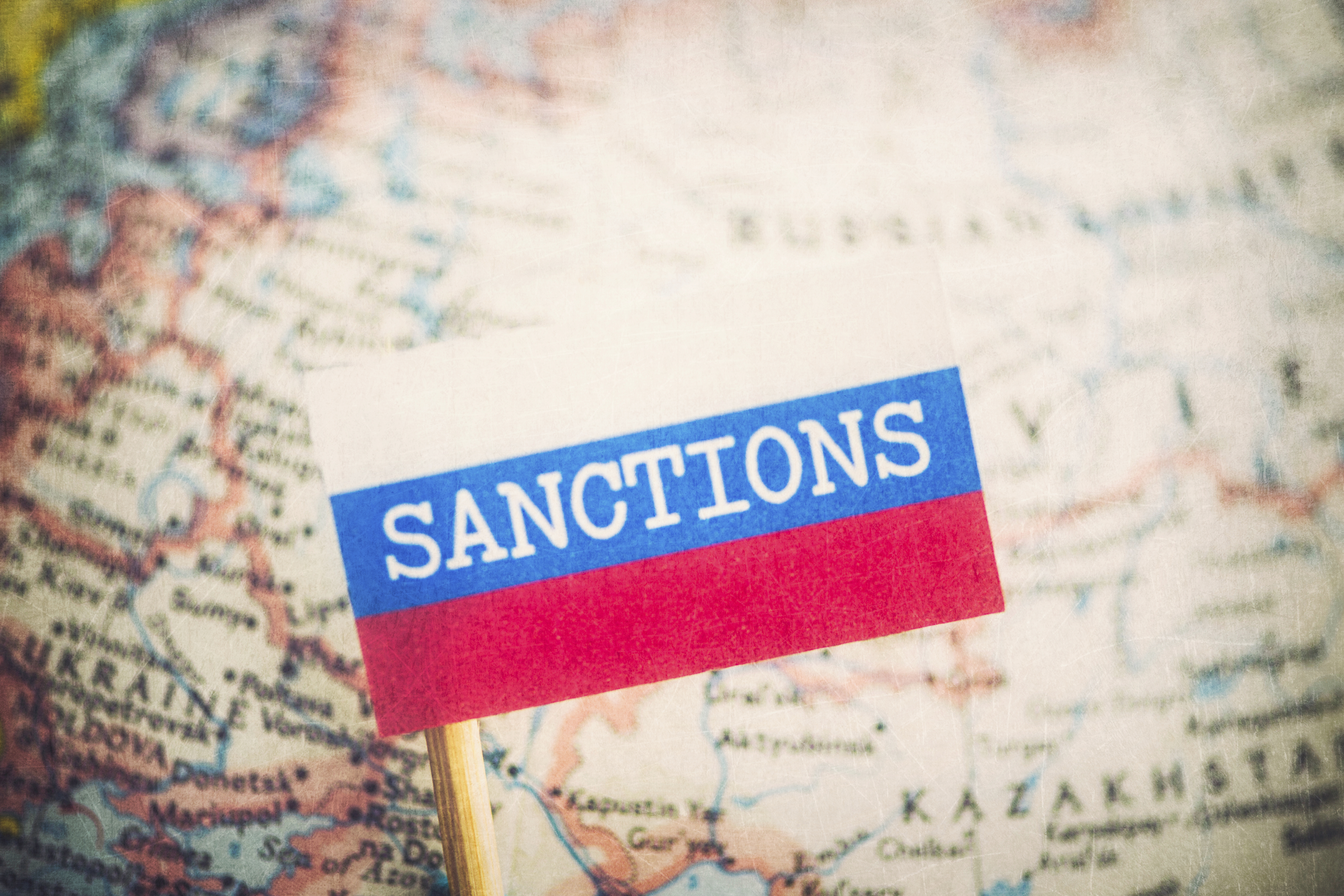International sanction regimes may have a detrimental effect on global trade, Clyde & Co partner Ben Knowles told corporates at a seminar in mid-April.
The consequences of the trade sanctions, although unintended, may include increased costs, compliance concerns, the timing of implementation on goods in transit, and the ability to buy insurance.
“Trading companies, bankers and lawyers will have to devote more time and effort to compliance than ever before, which is slowing the speed and reducing the volume of business transacted,” said Knowles.
Bank, producers and traders are having problems in keeping up with the fast paced change in sanctions legislation, as well as the increase in contractual and commercial exposures. The lack of resources within the entities combined with a lack of familiarity with the practicalities of international trade, are also causes for concern.
One banker at the seminar commented: “Ten years ago the role of compliance was unclear in relation to trade finance. Today risk management and compliance is as important as credit analysis, and hefty penalties for sanctions infringement are driving behaviour change… It is better to stick to defined business in low risk jurisdictions where you know you can make money.”
A trader agreed, adding that banks are becoming wary. “Often you could trade legally but are constrained operationally because the bank won’t take the risk.” There was also an agreement among panellists at the seminar that documentary letters of credit, in which sanctions clauses are now standard, are declining in value as an instrument of trade.
Legacy issues are also a potential problem as industry members begin to question the knowledge of regulatory bodies. Sanctions are often introduced immediately without transitional provisions, which means that goods are frequently at sea or in port when sanctions are imposed. This causes complexities throughout the supply chain among counterparties, insurers and warehouses, Clyde & Co believes.
Commenting on the issue Clyde & Co’s Knowles said: “Insurers providing cover on an open cargo basis or as part of a treaty will often not know which parties are involved in a trade and it will be unclear until after an event has occurred that there has been a sanctions infringement.”
Additionally, sanctions are now having a serious impact on insurers, reinsurers and brokers because of the significance of their role in facilitating international trade. The trade of Iranian oil will be one of the first sectors affected by this new focus. From July 1 it will be illegal to lift Iranian crude with US or EU cover.
One delegate commented: “As that cover doesn’t exist outside those markets, tankers operating out of Iran will have no protection unless they can obtain sovereign guarantees.”







